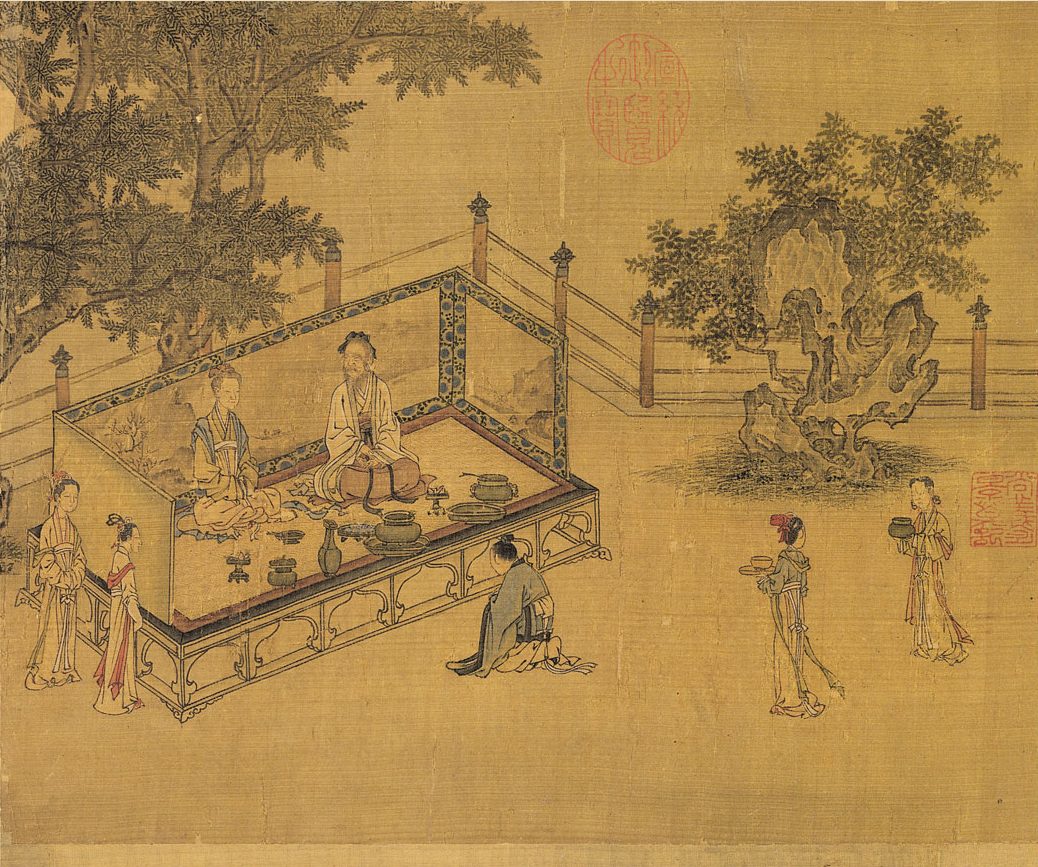12.2.3 The Rule of Virtue
Logan Masilamani
This main tenet of virtue within the ideology can be seen to correlate with the notion of a greater propensity for authoritarianism or the more stringent control of a central government. Confucius believed that to ensure stability and control within a society, a strong sense of virtue is needed. Although each individual has his own way of doing things, Confucius believed that as long as each individual undertakes a virtuous path, it will result in the common good for the whole society. According to Confucius, the notion of “tao” is translated to the way. Virtue is the core value that encompasses an individual. An individual that is virtuous will find the “tao” or way to create happiness and prosperity not only for themselves but for their entire community. That is the responsibility of the virtuous individual. “If a man is [virtuously] correct in his own person, then there will be obedience without orders being given” (Analects 13:6). Confucius believed that a virtuous person could transform others to also be virtuous in society.

Family and filial piety are also important concepts within this ideology. The family is the core organizational unit within this ideology together with the concept of filial piety. Confucius believed that individuals should look after the aged within the family unit. According to him, this is virtuous behaviour and is a basic moral and core obligation of relationships within the family unit. It has to be stressed that this core value is translated into a moral obligation today in many of the countries that profess to use Confucianism as a guiding principle. Another cornerstone that can extend from the notion of filial piety is respect for elders. This is one of the central beliefs of this ideology. In a typical Chinese society, the elders would lead with the respect of the younger generation. This is a common observation in most Asian societies. The right to lead is not only guaranteed by age, but also by virtue, wisdom and benevolence. Confucius also believed in the notion of good behaviour of an individual.
Media Attributions
- The Classic of Filial Piety (士章 畫) © unknown is licensed under a Public Domain license

